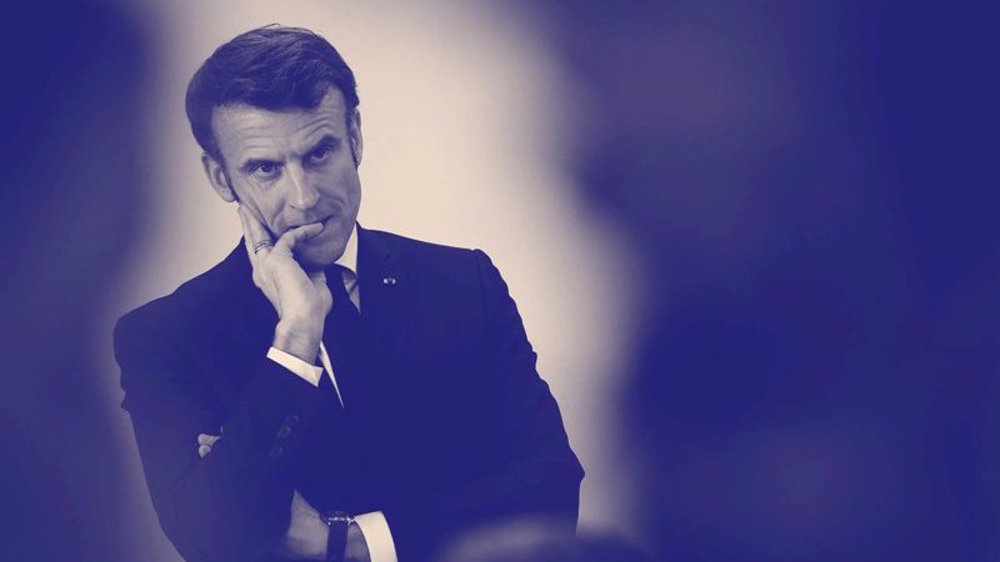France top court backs controversial surveillance law
France’s top court has lent its blessing to a broad surveillance bill that controversially increases the sphere of authority of the country’s intelligence services.
On Thursday, the French Constitutional Council ruled on the constitutionality of the bill that relaxes the restrictions on the interception of telephone conversations and enables the easier application of hidden microphones and cameras.
Empowered by the law, intelligence authorities can now glean telephone, text message, and Internet data from all devices in a given area.
One measure will force communication and Internet firms to allow intelligence services to install electronic “lock-boxes” to record metadata from all Internet users in France.
The court, however, took issue with a provision that would have allowed monitoring without any authorization in emergency circumstances and turned down an article on international surveillance.
Terrorism at home
France has been targeted in a series of terrorist attacks since early this year.
In January, a series of attacks in and around the French capital of Paris claimed the lives of at least 17 people.
In another terrorist attack on June 26, a reportedly ISIL-linked suspect beheaded his 54-year-old boss before driving his van into gas cylinders at the US-owned Air Products factory in Saint-Quentin-Fallavier near Lyon in France.

In the wake of the attacks, France has declared that it seeks to enhance security measures.
French Prime Minister Manuel Valls has said the country would create thousands of new jobs and invest hundreds of millions of dollars in security to combat terrorism.
This is while the French government has itself been accused of supporting the militant groups fighting against the government of Syrian President Bashar al-Assad. Paris has identified 1,850 French citizens or individuals living in France as being “implicated” in radical militant networks, including 500 in Syria or Iraq, where the ISIL is mainly operating.
Observers see the terrorist threat faced by France as a direct result of Paris’ support for the radical militants in the Middle East.
Yemeni missile strikes chaos, mayhem into central Tel Aviv; triggers stampede that injures 20
VIDEO | 444 days of ethnic cleansing
VIDEO | Bethlehem's Christmas dimmed by war, restrictions
Israel admits assassinating Hamas leader, vows to inflict same fate on Yemeni fighters, people
VIDEO | Yemeni forces repel US-British attack, down F-18 Jet
Iran’s capabilities vast; enemy’s ‘maximum pressure’ policies all failed miserably: Senior official
Iran’s economy grew 2.7% y/y in Sep quarter: CBI
VIDEO | Freelancers in Gaza strive to stay online amid genocide










 This makes it easy to access the Press TV website
This makes it easy to access the Press TV website